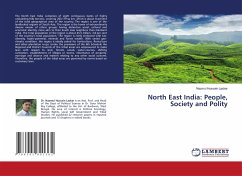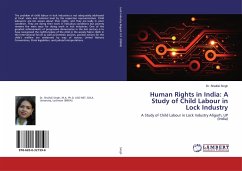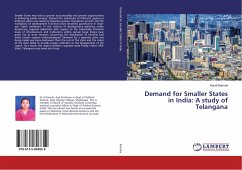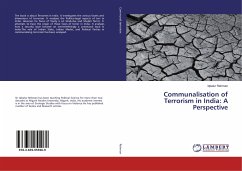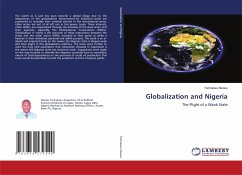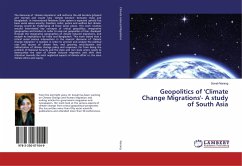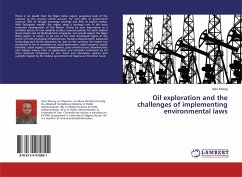The North East India comprises of eight contiguous states of highly undulating hilly terrains, covering 263,179 sq km, which is about 8 percent of the total geographical area of the country. The region is one of the landlocked regions of South Asia. The region is the home of extraordinarily diverse mosaic of ethnic groups having distinctive social, cultural and economic identity, more akin to their South Asia neighbors than mainland India. The total population of the region is about 45.5 million, 3.8 per cent of the country's total population. The region is richly endowed with bio-diversity, hydro-potential, minerals and forest wealth. With varied geo-climatic condition, the region is ideally suited for horticulture, floriculture and other plantation crops. Under the provisions of the 6th Schedule the Regional and District Councils of the tribal areas are empowered to make laws with respect to land, forests, canals, water-courses, shifting cultivation, establishment of villages or towns, inheritance of property, marriage and divorce and matters relating to any other social customs. Therefore, the people of the tribal areas are governed by norms based on customary laws.
Bitte wählen Sie Ihr Anliegen aus.
Rechnungen
Retourenschein anfordern
Bestellstatus
Storno

